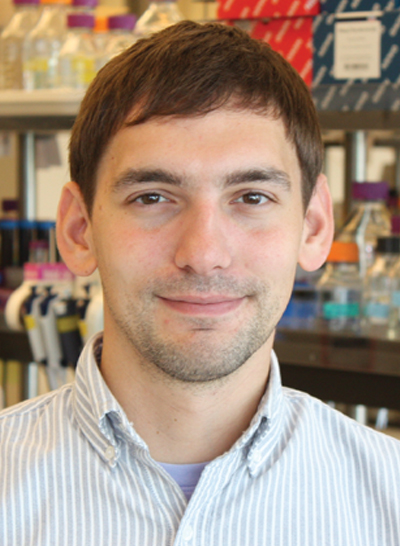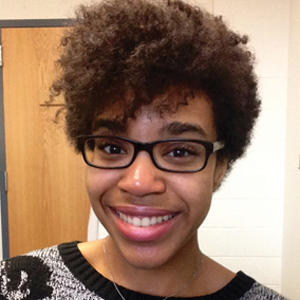Postdoc wins Tabor award for lipid membrane research
Lipid membranes surround and protect each of our cells. They serve as a first line of defense, allow for intracellular signaling and keep subcellular compartments separate. The lipid composition must therefore be diverse and distinctive enough to keep a cell running smoothly. Figuring out which lipids are needed where and when can be challenging, however. Itay Budin, a postdoctoral fellow at the University of California, Berkeley, studies lipid properties and why certain ones belong in specific cell membranes. For his research, Budin received a 2017 Journal of Biological Chemistry/Herbert Tabor Young Investigator Award.
 Itay Budin is a Miller Institute junior fellow at the University of California, Berkeley, and works at the Joint BioEnergy Institute. courtesy of Itay Budin
Itay Budin is a Miller Institute junior fellow at the University of California, Berkeley, and works at the Joint BioEnergy Institute. courtesy of Itay Budin
Budin investigates how lipid composition affects membrane properties and the consequences of altering particular lipids in model organisms. Lipids make up cellular and subcellular membranes and help maintain integrity and compartmentalization. However, manipulation of these lipids to understand their roles has been done primarily in vitro, and tools to recapitulate findings within living organisms are difficult to develop. Budin uses metabolic engineering to explore lipid composition and functionality. He explained that he does this by altering the genes that give rise to particular lipids. He is then able to “rewire” these pathways within the organism to understand which lipids are necessary for a particular membrane and why. Budin and colleagues have learned that a cell’s membrane can act as an environmental sensor, and a particular set of proteins then responds to maintain homeostasis. This work was published in May 2017 in the journal Metabolic Engineering.
JBC Associate Editor Dennis Voelker presented the award to Budin in August at the 2017 Gordon Research Conference on Molecular and Cell Biology of Lipids. Receiving the award was a “great honor and real thrill,” Budin said, and receiving it from Voelker, a lipid biologist, reinforced the importance of his work. The award committee thought Budin’s work was instrumental in “assigning a crucial mechanistic role for unsaturated lipids in serving as molecular signals that liberate transcription factors from the endoplasmic reticulum in response to a variety of stimuli,” they wrote with input from Voelker.
Budin earned his Ph.D. in biochemistry and physical biology from Harvard University in the laboratory of Jack W. Szostak investigating the changes in lipid composition throughout evolution. He then came to the University of California, Berkeley, on a Miller Institute Junior Fellowship. He works with Jay Keasling at the Joint BioEnergy Institute, a research center in Berkeley focused on synthetic biology and metabolic engineering.
Enjoy reading ASBMB Today?
Become a member to receive the print edition four times a year and the digital edition monthly.
Learn moreGet the latest from ASBMB Today
Enter your email address, and we’ll send you a weekly email with recent articles, interviews and more.
Latest in People
People highlights or most popular articles

The data that did not fit
Brent Stockwell’s perseverance and work on the small molecule erastin led to the identification of ferroptosis, a regulated form of cell death with implications for cancer, neurodegeneration and infection.

Building a career in nutrition across continents
Driven by past women in science, Kazi Sarjana Safain left Bangladesh and pursued a scientific career in the U.S.

Kiessling wins glycobiology award
She was honored by the Society for Glycobiology for her work on protein–glycan interactions.

2026 ASBMB election results
Meet the new Council members and Nominating Committee member.

Simcox wins SACNAS mentorship award
She was recognized for her sustained excellence in mentorship and was honored at SACNAS’ 2025 National Conference.

From humble beginnings to unlocking lysosomal secrets
Monther Abu–Remaileh will receive the ASBMB’s 2026 Walter A. Shaw Young Investigator Award in Lipid Research at the ASBMB Annual Meeting, March 7-10 in Washington, D.C.

